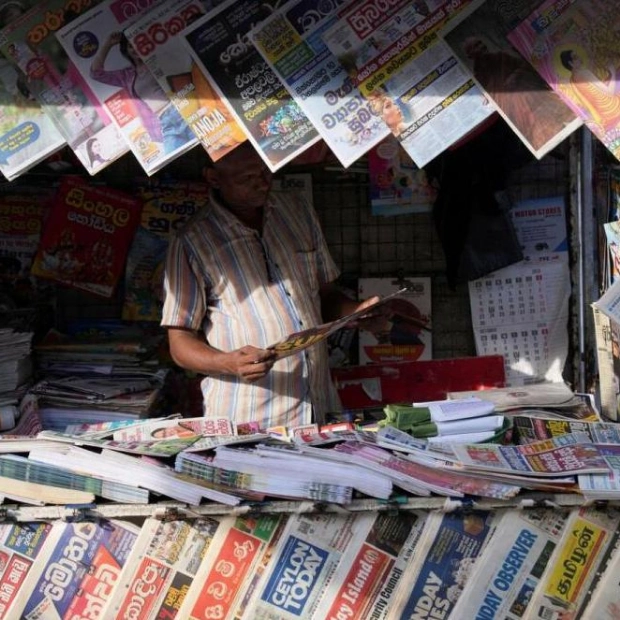FILE PHOTO: A SpaceX Falcon 9 rocket carrying 22 Starlink satellites for deployment in low-Earth orbit lifts off from Space Launch Complex 4 East (SLC-4E) at Vandenberg Space Force Base, as seen from Encinitas, California, U.S., on April 1, 2024. Reuters file
Elon Musk's Starlink, the satellite internet service, is set to receive the green light to operate in India, provided it adheres to security regulations, according to local media reports on Tuesday. The potential introduction of Starlink, which boasts a network of low Earth orbit satellites designed to provide internet access to remote and unconnected areas, has sparked intense policy discussions and raised concerns over national security in the world's most populous nation. However, Communications Minister Jyotiraditya Scindia informed local media that India would permit the company to operate "as long as they meet all security conditions." "They must fulfill all the necessary criteria," Scindia was quoted as saying by business newspaper Mint on Tuesday. The minister did not elaborate, but earlier reports indicated that the government and Starlink were in negotiations over various security-related matters, including data storage.
The decision comes just days after Donald Trump's victory in the U.S. presidential elections, with Musk emerging as one of his most ardent supporters and potentially eyeing a role in the government. Starlink gained global attention when its terminals were deployed in Ukraine following Russia's 2022 invasion to support battlefield communications. Musk has also recently clashed with Mukesh Ambani, Asia's wealthiest individual and head of India's largest telecom operator, Reliance Jio, over the allocation of satellite spectrum. Ambani has been advocating for spectrum auctions, while Musk strongly opposes this, favoring administrative allocation instead. "This would be unprecedented, as the spectrum was long designated by the ITU as shared spectrum for satellites," Musk stated on X last month in response to a user's comment about Reliance's auction argument. Analysts suggest that auctioning, which could be more costly for all involved, might affect the viability of launching satellite internet services. "The satcom market is highly competitive and challenging to be profitable in," noted Gareth Owen, Associate Director at Counterpoint Technology Market Research. "With too many systems vying for a limited market opportunity, every satellite operator will do whatever it takes to hinder or delay the entry of a competitor."
Source link: https://www.khaleejtimes.com






